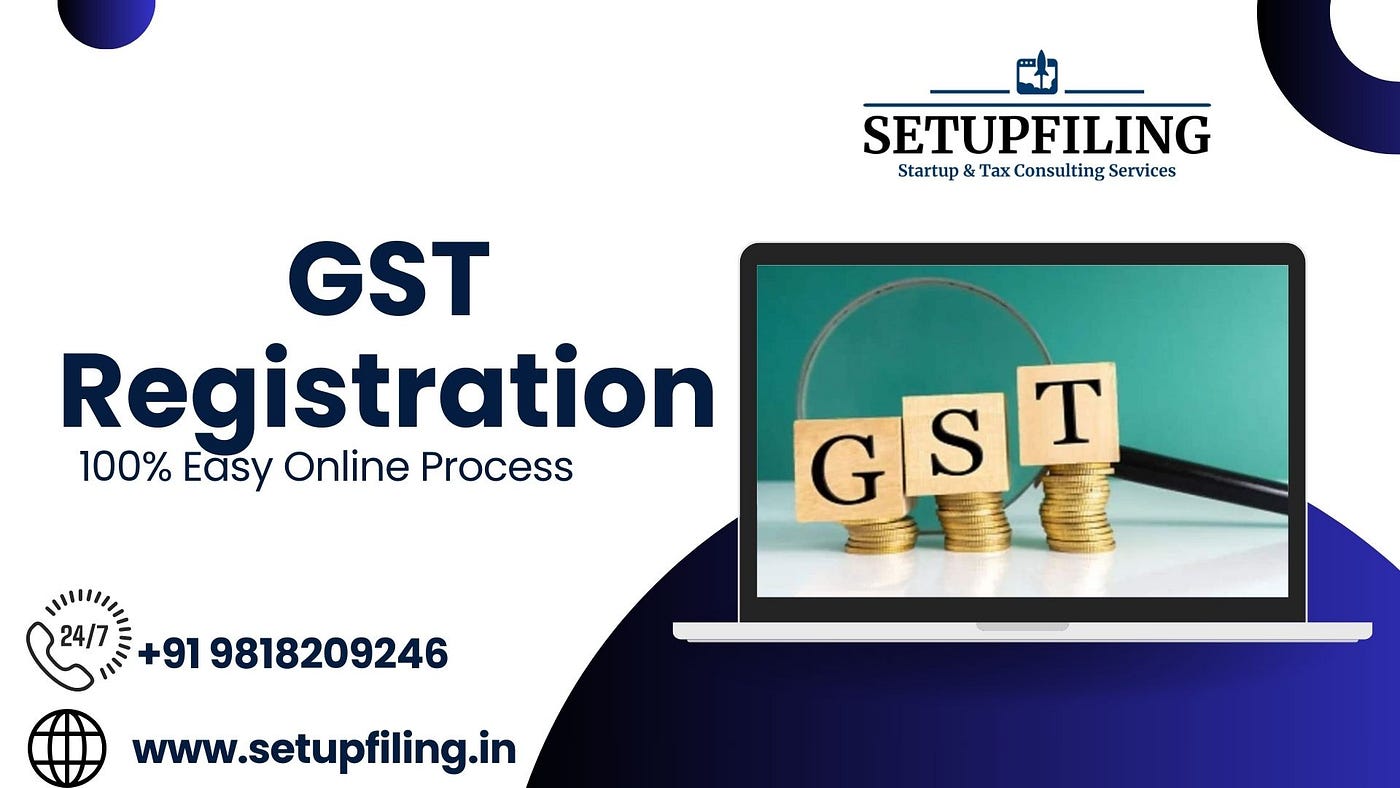Singapore GST Registration: What You Need to Know Before Using
Singapore GST Registration: What You Need to Know Before Using
Blog Article
The Ultimate Overview to Simplifying the GST Enrollment Refine and Needs for Local Business Owners

Comprehending GST Basics
To realize the principles of the Product and Services Tax (GST) system, small organization owners have to first recognize its underlying implications and concepts. GST is a value-added tax obligation imposed on the majority of items and solutions for residential intake. It aims to enhance the taxes procedure by changing numerous indirect taxes imposed by the state and main federal governments. Under the GST routine, services are called for to accumulate and register tax obligation in support of the government, making certain openness and compliance.
One of the crucial concepts of GST is input tax obligation credit scores, which permits organizations to assert debt for tax obligations paid on their purchases. Understanding these standard principles is important for little organization proprietors to browse the intricacies of the GST system and guarantee conformity with the law.
Qualification Requirements for Registration
Having actually established a fundamental understanding of GST principles, local business owners must now fulfill certain eligibility standards to continue with the registration process. In India, entities took part in the supply of goods or services with an annual aggregate turnover exceeding Rs. 40 lakhs (Rs. 10 lakhs for unique classification states) are called for to sign up for GST. Additionally, certain businesses such as those included in inter-state supply of items, laid-back taxed persons, and those needed to pay tax under the reverse charge device need to register for GST regardless of their turn over. Moreover, services that were registered under the previous tax obligation program (VAT, service tax, etc) are also mandated to sign up under GST. Agricultural companies that only supply create out of primary production are excluded from GST registration. It is important for local business owner to meticulously evaluate their qualification based upon these standards to make sure special info compliance with the law and stay clear of any kind of fines for non-compliance.
Records Needed for GST Enrollment

Simplified Enrollment Process Steps
Following the collection and verification of the requisite files, the registration process for GST can be browsed with a collection of simplified steps created to help with effective conformity for little company proprietors. Upon effective confirmation, an Application Reference Number (ARN) is provided, showing the conclusion of the GST enrollment procedure. By complying with these simplified actions, little business owners can properly register for GST and ensure compliance with tax obligation policies.
Tips for Ensuring Compliance
To keep regulative adherence and functional stability, thorough oversight and aggressive actions are pivotal in guaranteeing compliance with GST needs for little organization owners. Local business proprietors should stay upgraded with Find Out More GST laws, submitting due dates, and any modifications in tax rates to stay clear of fines and maintain a great standing with i was reading this tax obligation authorities. One essential tip for compliance is to keep precise and detailed records of all deals, including expenses, receipts, and invoices connected to GST. Consistently resolving financial documents with GST returns can help in determining and correcting any kind of disparities immediately. Additionally, performing routine inner audits or seeking specialist assistance can make certain that the company is adhering to all GST policies appropriately. It is also crucial for local business proprietors to purchase GST-compliant accountancy software that can simplify the tax declaring process and reduce errors. Lastly, going to GST understanding workshops or training programs can enhance understanding and conformity with GST regulations, ultimately profiting business in the long run.
Conclusion
Finally, small company owners have to recognize the fundamentals of GST, satisfy the qualification criteria, collect essential files, and follow the simplified registration procedure steps to ensure conformity. By simplifying the GST registration process and needs, tiny service owners can prevent fines and run their organizations efficiently within the lawful framework - Singapore GST Registration. It is crucial for small company proprietors to stay enlightened and compliant with GST laws to maintain an effective business operation
Tiny company owners seeking GST enrollment should guarantee they collect and submit the essential records to finish the registration process efficiently. The documents needed for GST registration generally consist of evidence of company enrollment or unification, PAN (Irreversible Account Number) card of the company address, entity and identity evidence of the promoters/partners/directors, pictures, address evidence of the location of service, bank account statements or canceled cheques, and consent kinds. Going to GST awareness workshops or training programs can boost understanding and conformity with GST policies, ultimately profiting the service in the long run.
By simplifying the GST enrollment process and needs, small organization proprietors can stay clear of charges and run their companies smoothly within the legal framework. It is crucial for little service owners to stay certified and informed with GST policies to preserve a successful service operation.
Report this page